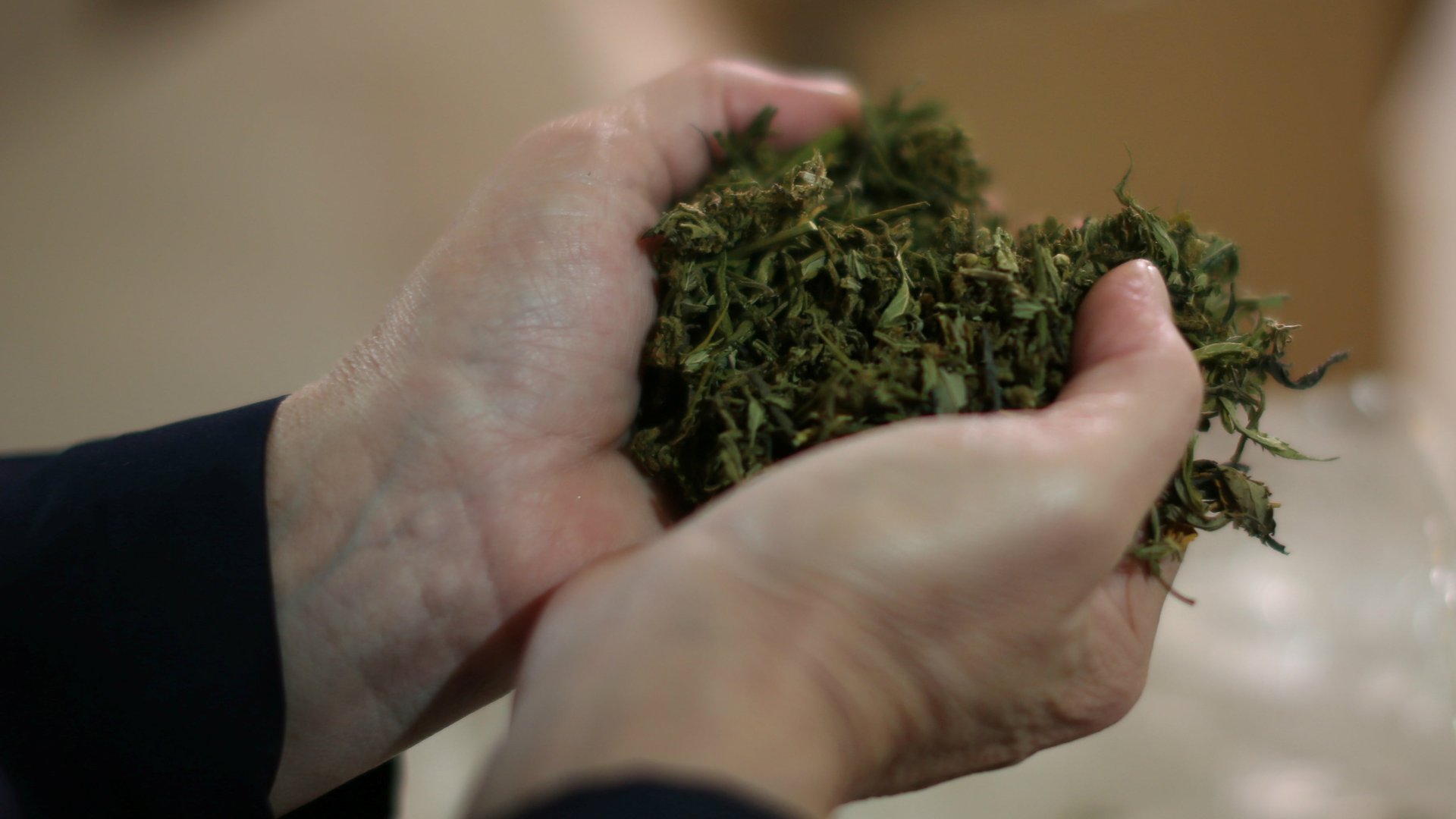Legal marijuana is not staying where it’s supposed to in the US
In 2012, voters in the US states of Colorado and Washington approved ballot measures that legalized the recreational sale of marijuana. The US federal government responded to this legalization in 2013 through the “Cole Memo” (pdf). The memo, written by then deputy attorney General James Cole explained that though marijuana remained illegal by federal US law, the federal government would not prioritize enforcing the law in these states. Still, one federal priority would be “preventing the diversion of marijuana from states where it is legal under state law in some form to other states.”


In 2012, voters in the US states of Colorado and Washington approved ballot measures that legalized the recreational sale of marijuana. The US federal government responded to this legalization in 2013 through the “Cole Memo” (pdf). The memo, written by then deputy attorney General James Cole explained that though marijuana remained illegal by federal US law, the federal government would not prioritize enforcing the law in these states. Still, one federal priority would be “preventing the diversion of marijuana from states where it is legal under state law in some form to other states.”
They don’t seem to be doing a great job.
According to a recently released paper (paywall) from economists at the University of Oregon, huge amounts of legally purchased marijuana spill over from Washington into other states. They estimate that about 7.5% of the marijuana sold in Washington leaves the state, and that the number was closer to 12% before neighboring Oregon legalized recreational sales in late 2015. In the months before Oregon’s legalization, the researchers believe well over 300 kilograms of marijuana poured across Washington’s border.
The researchers, who had access to a database of all legal marijuana sales in Washington, were able to estimate the amount of marijuana leaving the state by examining what happened to marijuana sales in Washington border counties in the two months before and the two months after Oregon’s legalization. The theory was: If little marijuana was leaving Washington, then the Oregon legalization should not make much difference to sales on the Oregon border. In fact, sales in stores located in Oregon border counties fell by more than 40%, while sales in counties that bordered Idaho and Canada barely budged.
One possible, and more legal, explanation for the decline is that it was due to a drop in the number of marijuana “tourists” who were just buying the drug to smoke it within Washington. But the researchers show that a large portion of the decline was for large volume purchases that almost certainly were meant to be taken home.
The finding has important implications for legalization across the US, as it’s a blow to the argument that legalized marijuana can be contained within a state. The authors suggest that the spillover is likely to be even larger from a state like Massachusetts, which is set to legalize marijuana in July 2018, because it is surrounded by states where marijuana laws are relatively draconian compared to states on the West Coast, and travel to the state by car is easier for a larger number of people.
Still, the researchers believe that if the federal government’s ultimate goal is to decrease the amount of illegal marijuana trafficked, it is better off focusing on uncovering illegal marijuana growing operations. They point out that just one recent bust led to the seizure of more than 2,000 kilograms of marijuana, which is about as much legal marijuana as leaves Washington in six months.